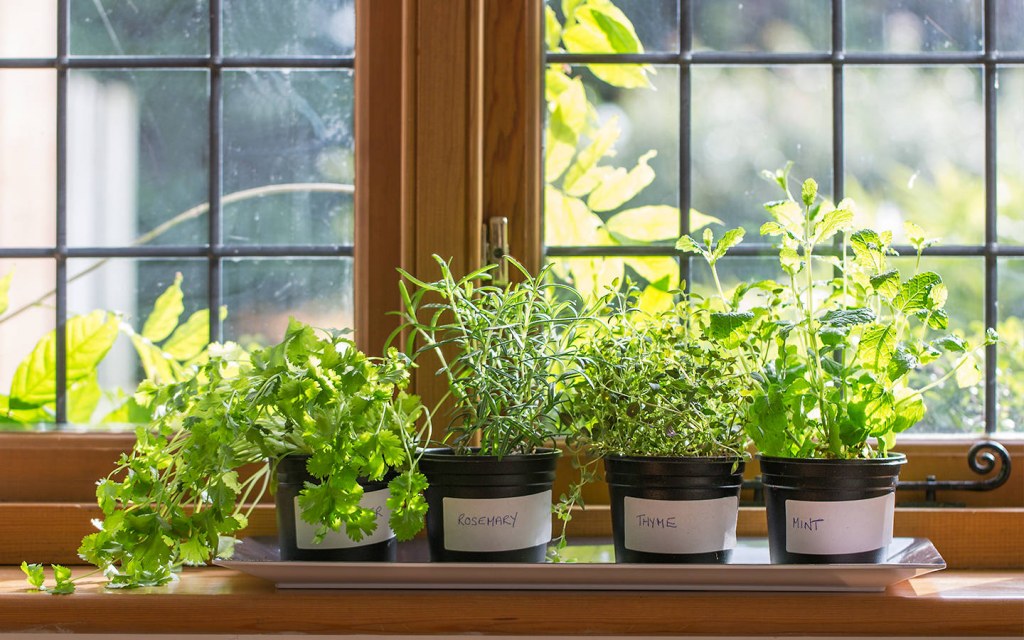Rooted in Nature with Every Bean
Organic coffee begins its journey in the rich, untainted soils of farms that rely solely on natural farming practices. These farms abstain from synthetic fertilizers, pesticides, and herbicides, allowing the coffee plants to thrive in harmony with nature. This method promotes biodiversity, protects wildlife, and encourages a healthy ecosystem where everything from microorganisms to migratory birds plays a role in sustaining the balance of life. Unlike conventional coffee farming that often strips the soil of its vitality, organic farming nourishes it, making each crop stronger and more resilient.
The result is a bean that grows slower, absorbing the unique characteristics of its environment. This slower maturation allows the coffee cherry to develop deeper flavors, ultimately leading to a richer and more complex taste profile. Organic coffee doesn’t just represent a beverage choice but a commitment to preserving the integrity of the environment. Choosing a cup of organic coffee is akin to choosing sustainability, where the story behind every sip involves conscientious land stewardship and ecological responsibility.
Health Benefits in Every Sip
One of the most compelling reasons to choose organic coffee lies in its health benefits. Free from chemical residues, organic coffee minimizes the risk of ingesting potentially harmful toxins. This becomes crucial for individuals who consume coffee daily, as the cumulative effect of pesticide residues in conventionally grown beans can negatively impact the body over time. Organic coffee offers peace of mind by ensuring that what you’re drinking is not just flavorful, but also clean and safe.
Beyond the absence of chemicals, organic coffee contains high levels of antioxidants, particularly chlorogenic acid, which has been linked to reduced inflammation and improved cardiovascular health. These antioxidants play a crucial role in neutralizing harmful free radicals in the body, potentially slowing the aging process and boosting immunity. Many coffee lovers also report fewer digestive issues when switching to organic varieties, as the beans are often gentler on the stomach and do not trigger the same level of acidity or irritation associated with conventional coffee.
Empowering Communities through Ethical Practices
Organic coffee is not just about clean farming techniques but also about building stronger communities through ethical trade. Most organic coffee is grown in small-scale farms in regions like Central and South America, Africa, and Southeast Asia. These farms often form cooperatives that enable local farmers to share resources, exchange knowledge, and collectively bargain for fairer prices. When consumers buy organic, they’re supporting a supply chain that respects the dignity and labor of the farmers who make that coffee possible.
Fair trade certifications, which frequently accompany organic labels, ensure that farmers receive a fair price for their harvests. This financial stability helps communities invest in education, healthcare, and infrastructure—creating long-term improvements in quality of life. Moreover, organic farming techniques often preserve the local culture and traditional agricultural wisdom passed down through generations. Supporting organic coffee is more than a transaction; it’s a contribution to global equity and cultural preservation.
Craftsmanship and Flavor Beyond Compare
The unique flavor profile of organic coffee is often considered superior to its conventionally grown counterparts. Because the beans grow at a natural pace without chemical acceleration, they develop rich and nuanced flavors. Whether it’s a floral Ethiopian roast or a chocolatey Guatemalan blend, organic coffee tends to carry more depth and clarity in taste. Roasters and baristas alike praise organic beans for their versatility and dynamic qualities, which come through whether brewed as a pour-over, espresso, or cold brew.
Artisanal coffee producers who work with organic beans often go to great lengths to perfect their roasting methods. These roasters understand the importance of preserving the bean’s natural character, applying precise temperature controls and timing to extract the best possible flavor. This respect for the bean from farm to cup results in a beverage experience that is both luxurious and authentic. When drinking organic coffee, you’re not just enjoying a caffeine boost—you’re savoring a cup that embodies craftsmanship, quality, and intention.
A Growing Global Movement
The shift toward organic coffee is gaining momentum worldwide as more consumers become aware of its benefits. Cafés, restaurants, and retailers are increasingly stocking organic options to meet the rising demand from environmentally conscious customers. Certifications like USDA Organic or EU Organic offer reassurance and transparency to buyers, helping them make informed decisions. As demand grows, so does supply, encouraging more farmers to adopt organic methods, even in regions previously dominated by conventional agriculture.
This global embrace of organic coffee reflects a broader awareness of how everyday choices impact both personal health and the planet. Coffee drinkers are no longer just looking for a quick fix of caffeine—they’re seeking quality, sustainability, and accountability. The rise of organic coffee symbolizes a return to mindful consumption, where every sip aligns with values of wellness, respect for nature, and ethical production. With each cup, consumers become active participants in a global movement that prioritizes purity, care, and conscious living.








